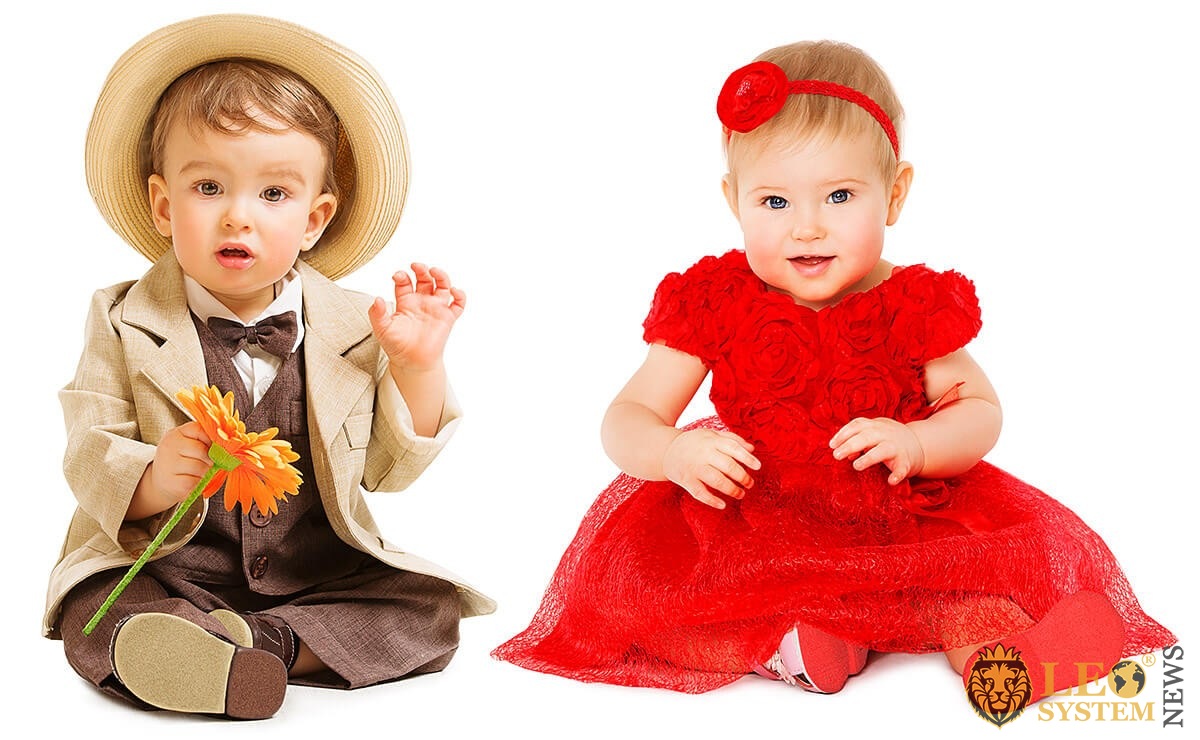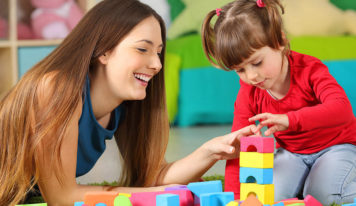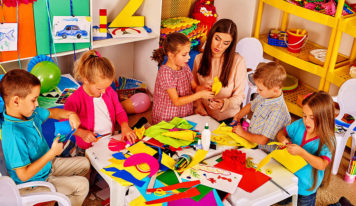Empathy is not just a value; it’s a skill, not everyone is able to master, regardless of their age. If you want your child to learn empathy, you will have to follow some practical tips right from the beginning. Children under the age of ten are affected by their stimuli, and they are able to develop many skills during this time.
These skills range from social and intellectual skills to language and emotions. This time period is known as golden years in a child’s life because this is when they are able to learn the most. Most children develop these skills including the skill of empathy through natural play, but sometimes they need extra help from adults to understand various concepts.
Adults can stimulate their child’s learning by including them in their everyday routine and by encouraging free and fair play. This practice must start as soon as your child learns to walk forward and utter a few words.
Since cultivating empathy requires a positive connection with other children, parents especially mothers need to understand that defending your own kid in certain situations is actually damaging to their personality. It does more harm than good when it comes to your child’s emotional development.
In this article, we are going to explore how to develop empathy in a child to help her understand that other people may have different feelings and thoughts than they do. So, let’s get started.
How to Develop Empathy in a Child?

There is no need to make the process of learning dull and boring. Children learn and interact more when there are no set rules or goals and the activity involves some element of make-believe. Just like there are special activities designed to help develop their fine motor skills, you can invent games that help to develop emotions and values like how to empathize with others.
Let’s look at some of these activities that you can try with your own child and nurture habits that make them a kind and caring human being.
-
Use Pretend/Role Play.
Children love to role play using their toys and costumes and pretending to be someone from their fantasies. This type of resent play is actually encouraged in young children to help them develop different emotions and skills. You can supervise their play and ask them questions along the way to help the understand other players’ feelings and emotions. Role play also facilitates social interaction and skills like communication and imagination.
-
Read Books.
In addition to storybooks that teach morals, there are books for children out there that talk about feelings. These books come with illustrations, colors and text to introduce different emotions to kids, such as happy, sad, disappointed, surprised, jealous, dumbfounded and so on. By learning about these emotions, kids are able to relate to one of them at a particular time.
-
Use Character Play.
Another way to develop empathy is to introduce your children to different characters and let them take care of them. You can use dolls and other figures so that kids will get to build a connection with their favorite characters. Eventually, they will start to imagine how that character would feel and react in a specific situation.
-
Be Their Role Model.
If you regularly demonstrate sympathy for others and grab every opportunity to help someone in distress, your child will learn that this is something important. You must also talk to your child about how exactly that person might be feeling. Older kids can also be presented with scenarios and asked what their reaction would be to judge if they are able to empathize with others.

-
Discuss Common Traits.
One finds it easier to empathize with people who seem familiar or similar in certain traits. Children are no different. But the important thing here is to tell them that we share a lot of common traits with other people. It is also a healthy practice to tell your kids about cultural diversity so that they would learn to love and respect other cultures just like their own.
-
Improve Their Face-Reading Skills.
The first step in showing empathy or recognizing the need to be empathetic with someone is to learn to read faces. Children learn face reading from a very young age, when they are able to tell that their parents are angry or cross with them. You can extend the development of this skill by showing them pictures of people with different face expressions and asking them what they see.
-
Be Patient.
Your children might not develop empathy overnight. You need to be patient throughout this process because it will take time to nurture this skill. There are some adults out there who haven’t been able to grasp this concept fully. So, give your child benefit of doubt whenever you can and keep practicing through different activities to see where they currently stand.
You may need to intensify your efforts or introduce new activities if your child is taking time to understand. But the important thing is to be patient and be hopeful.
Finale.
If you want to nurture good values in your child, it must start as soon as your child turns one. By setting some milestones in your child’s development, you can ensure that he or she is grasping the concept of empathy in the right sequence.

Developing the skill of empathy in a child may involve activities like reading books or stories that teach a lesson, showing them how to show empathy by demonstrating it yourself and helping your child deal with difficult emotions.
Empathy can be learned through different processes; for example, by sharing emotions with others, by showing concern when someone is in distress or through role or pretend play.
Children learn by observing their parents and other elders how they react in certain situations. And they also learn by pretending to be someone else and then imagining how they must be feeling.
In this article, we looked at some evidence-based tips on how to develop empathy in a child and help them be more responsive and caring when they grow up.
Read the article: Psychology of Education of Preschool Children
































